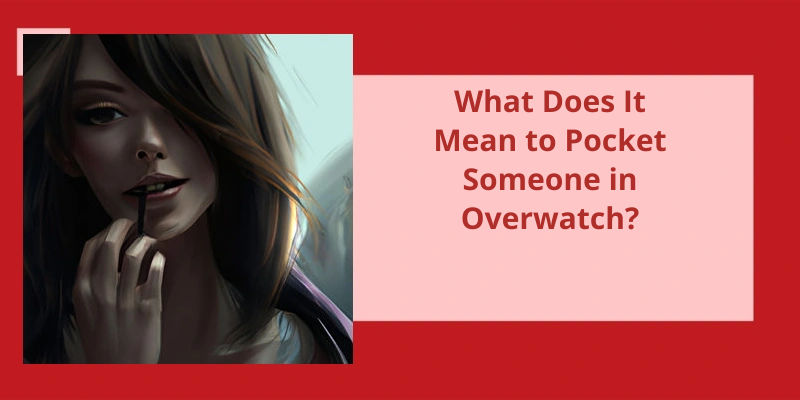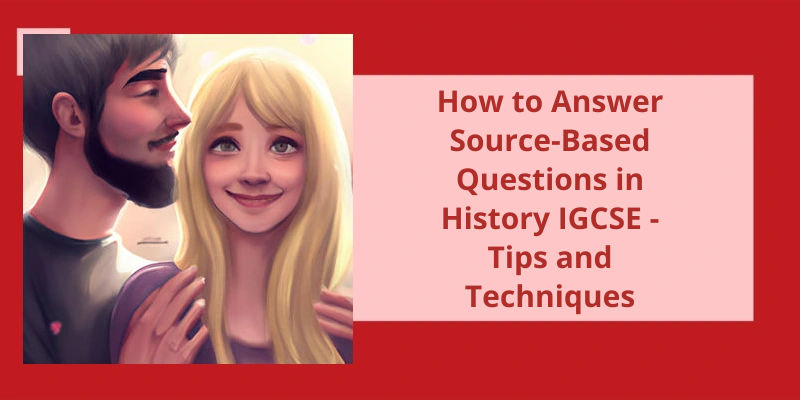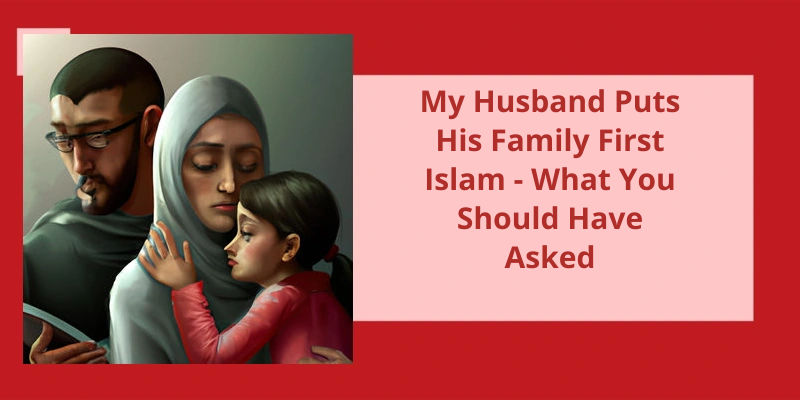In the popular first-person shooter game Overwatch, there’s a term that frequently pops up during gameplay – pocketing. If you're not familiar with the term, it can be a bit confusing to understand what it means. Essentially, pocketing refers to a strategy used by healers within the game to stick closely to one specific player (often a tank or DPS character) and provide constant healing and buffs to them exclusively. This can make the chosen character significantly stronger and more difficult to defeat, creating a powerful advantage for their team. However, there are both benefits and drawbacks to utilizing this tactic, and knowing how to properly pocket a player is an important skill for any Overwatch player looking to improve their gameplay.
What Does Pocket Mercy Mean?
Pocket Mercy is a term used in the gaming community to describe a very specific style of gameplay for the support character, Mercy. Essentially, pocketing refers to when a Mercy chooses to focus all of her healing and utility on a single player, either for strategic reasons or simply because the player is exceptionally good. This can involve perching herself right next to the designated player, constantly healing them while simultaneously boosting their damage output.
The concept of pocketing isn’t unique to Mercy, however. Other support characters, such as Ana or Moira, can also focus their attention on a particular player if it benefits the team. However, Mercys kit makes her particularly well-suited for this playstyle thanks to the consistent and reliable nature of her healing.
Pocketing isn’t necessarily a universally accepted strategy in every situation. While it can be incredibly effective in certain scenarios, such as when trying to take down a particularly tough enemy or when protecting a valuable objective, it can also leave the rest of the team vulnerable if the Mercy isn’t balancing her attention effectively.
Despite potential drawbacks, pocket Mercy remains a popular and effective technique in the gaming community. When executed properly, it can turn an already powerful player into an absolute force to be reckoned with, turning the tide of a game and snatching victory from the jaws of defeat.
This can include prioritizing their healing, providing strategic support via abilities, or even just reserving her ultimate ability for that player alone.
In the world of gaming, there are a variety of strategies players can use to gain an advantage over their opponents. One such strategy is known as “pocketing,” in which a healer provides constant support to a designated player on their team. While this technique can be highly effective, it also requires careful coordination and timing to pull off successfully. In this article, we’ll explore what it means to “pocket” someone in gaming and how it can be used to turn the tide of a match.
What Does It Mean to Pocket Someone Gaming?
Pocketing someone in gaming means that you dedicate your time and effort to providing healing and other supportive measures to only one player on your team. This tactic is typically used in games where there are healers or support characters, such as MOBAs or FPS games with healers. By ensuring that one player is kept alive and well throughout the match, the team gains a significant advantage in the game.
The benefits of pocketing are numerous. By concentrating on healing one player, you can keep them alive even in the most intense and overwhelming situations. This can lead to your team winning engagements, taking objectives, and ultimately winning the game. Pocketing also enables the pocketed player to become more aggressive and take greater risks, knowing that they’ve a steady stream of support at their disposal.
However, pocketing also has it’s downsides. When you dedicate all your resources to one player, you’re effectively neglecting the rest of your team. This can lead to resentment and frustration from other players who feel that they’re being left out or not given enough attention.
In some cases, pocketing can also lead to toxicity and a lack of teamwork. When a healer becomes obsessed with pocketing one player, they may disregard their responsibilities to the rest of the team, such as providing support or healing to other teammates. This can lead to a lack of cohesion and teamwork, ultimately leading to the teams failure.
Now that we’ve established what Mercy is in Overwatch, let’s dive into the meaning of “Pocket Mercy” and how it affects gameplay.
What Does Pocket Mercy Mean in Overwatch?
This strategy can be incredibly effective for keeping that teammate alive and dealing massive damage. In many cases, the “pocketed” teammate may be a high-damage hero like Pharah, Soldier: 76 or Widowmaker, helping them to wipe out enemy teams with ease. However, this strategy can also be problematic if the Mercy becomes too focused on a single teammate and neglects the rest of the team.
Some teams will intentionally use the pocket Mercy strategy as a way to dominate the game. They may attempt to protect the Mercy at all costs, knowing that she’s one of the most important members of the team. This can involve setting up barriers or using other heroes to keep the enemy team away from the Mercy. It can be incredibly effective when executed properly, but requires a lot of coordination and teamwork.
Of course, not everyone is a fan of the pocket Mercy strategy. Some players feel that it can take away from the teamwork and collaboration that’s at the core of Overwatch. Others feel that it makes the game too focused on individual hero play rather than the overall strategy of the team. Still, others simply dislike the strategy because they feel that it’s too easy to counter if the enemy team knows what they’re doing.
It can be incredibly powerful in the right hands, but requires a lot of practice and coordination to make it work. Whether you love it or hate it, there’s no doubt that Mercy is one of the most important heroes in the game and can make a huge difference in any match.
Source: Overwatch 2 – Mercy Hero Guide – GameSpot
Conclusion
The act of a healer sticking closely to a player and constantly healing or buffing them can make that player significantly stronger and harder to beat. This allows for better teamwork and coordination, and ultimately, a higher chance of winning the game. While it may seem like an unfair advantage, pocketing is a legitimate strategy that requires skill and coordination amongst teammates. So next time you see your healer pocketing another player, don't fret, it could be the key to victory.






